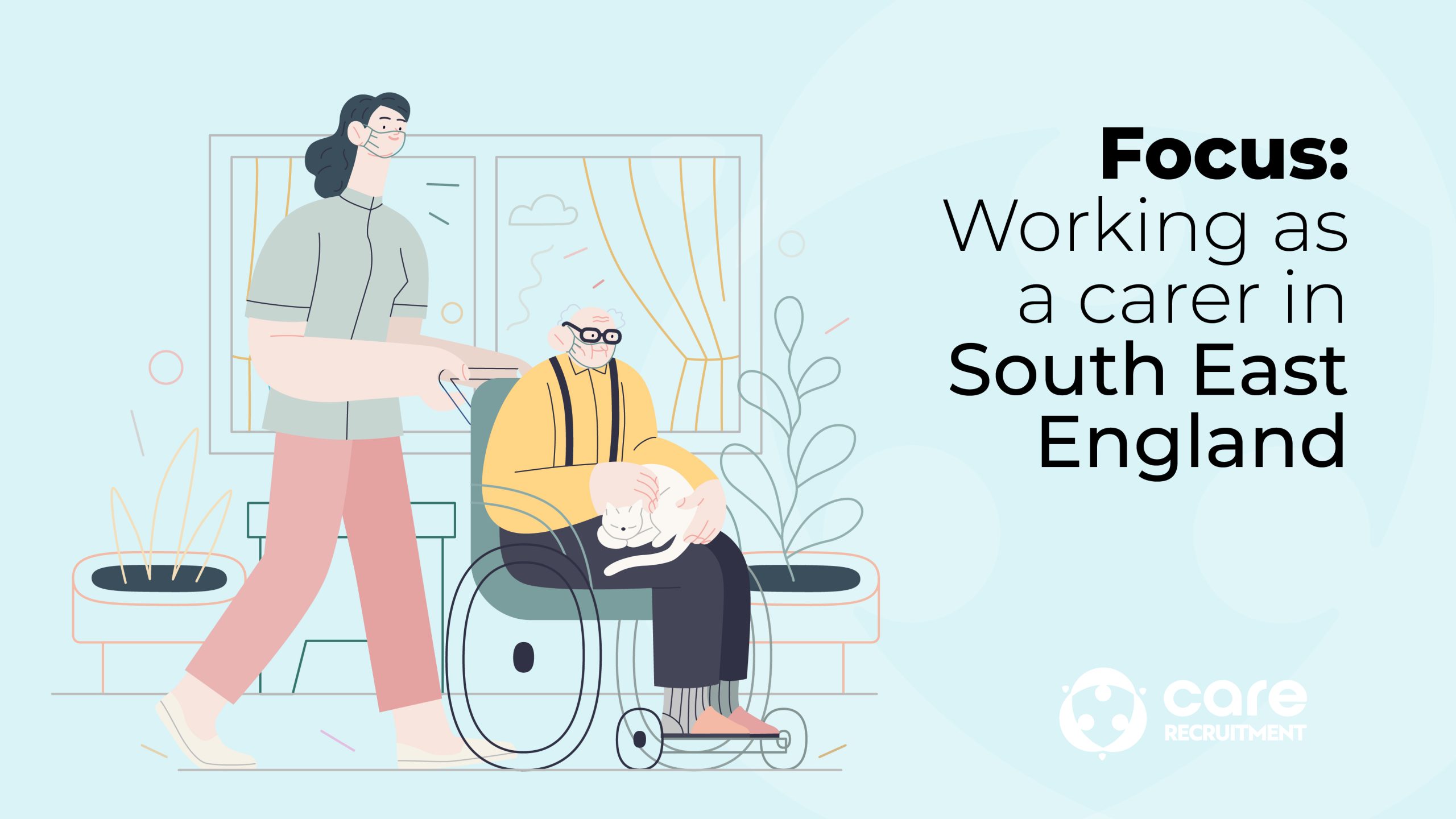
Working as a carer in South East England offers a fulfilling career path that allows individuals to make a positive impact on the lives of others. Carers play a vital role in providing compassionate and dedicated support to vulnerable individuals, such as the elderly, disabled, and those with chronic illnesses. In this article, we will explore the required skills to excel in this profession, as well as the benefits and drawbacks of pursuing a career in care work in the region.
Empathy and Compassion: Carers must possess a deep sense of empathy and compassion to understand the unique needs and emotions of the people they care for. This helps in building strong connections and fostering trust between the carer and the individual.
Patience: The role of a carer can be demanding and challenging, often requiring patience in dealing with various situations. Being patient allows carers to maintain a calm and supportive atmosphere while assisting with daily activities or personal care routines.
Communication Skills: Effective communication is essential for carers to interact with clients, their families, and healthcare professionals. Clear communication helps in understanding the preferences and requirements of those in their care and ensures smooth coordination among the care team.
Flexibility: Care work can involve irregular hours and changing schedules to accommodate the needs of clients. Being flexible and adaptable helps carers handle unexpected situations and provide continuous support to those they care for.
Physical and Emotional Resilience: Carers may face physically demanding tasks and emotionally challenging situations. Resilience enables carers to cope with the demands of the job and maintain their well-being.
To work as a care worker in South East London, individuals need a combination of qualifications, skills, and attributes to provide effective and compassionate care to vulnerable individuals. Here are some key qualifications and requirements typically sought by employers in the region:
Care Certificate: The Care Certificate is a set of standards that individuals need to meet before they can work as care workers in a health and social care setting. It covers essential topics such as understanding duty of care, safeguarding, communication, and person-centered care.
NVQ/QCF in Health and Social Care: Many care workers choose to pursue a National Vocational Qualification (NVQ) or the newer Qualifications and Credit Framework (QCF) in Health and Social Care. These qualifications are available at different levels (e.g., Level 2 to Level 5) and provide a structured pathway for career development in the care sector.
Enhanced DBS Check: A Disclosure and Barring Service (DBS) check is essential for all care workers, as they will be working with vulnerable individuals. An enhanced DBS check will reveal any criminal convictions or relevant information that might affect an individual's suitability for the role.
Relevant Experience: Experience in caring roles, such as voluntary work, previous care employment, or even personal experience in caring for a family member, can be advantageous. Previous experience demonstrates an understanding of the responsibilities and challenges involved in care work.
Meaningful Impact: Carers have the opportunity to make a significant difference in the lives of vulnerable individuals, enhancing their quality of life and promoting independence.
Personal Fulfillment: The sense of fulfillment that comes from helping others and witnessing positive changes in their lives can be immensely rewarding for carers.
Diverse Career Opportunities: South East England offers a wide range of care settings, including residential care homes, hospitals, and home care services, providing carers with various options for career growth and specialization.
Job Security: The demand for care workers is continuously growing due to an aging population, ensuring job security and stability in the sector.
Emotional Stress: Caring for individuals with complex needs can lead to emotional stress and burnout, making self-care and support from colleagues crucial to maintaining well-being.
Low Pay: Despite the importance of their work, carers often receive relatively low pay compared to the level of responsibility they shoulder.
Irregular Hours: Carers may be required to work irregular hours, including weekends and holidays, to provide round-the-clock support, which can impact work-life balance.
Physical Demands: Certain care tasks, such as lifting and assisting with mobility, can be physically demanding and may lead to the risk of injury if proper techniques are not followed.
Working as a carer in South East England offers a fulfilling career that demands a unique set of skills, including empathy, patience, and communication. While the profession brings meaningful impact and diverse career opportunities, carers must also navigate emotional stress, low pay, irregular hours, and physical demands. Despite the challenges, the rewards of making a positive difference in the lives of those in need make care work a noble and worthwhile profession in the region.